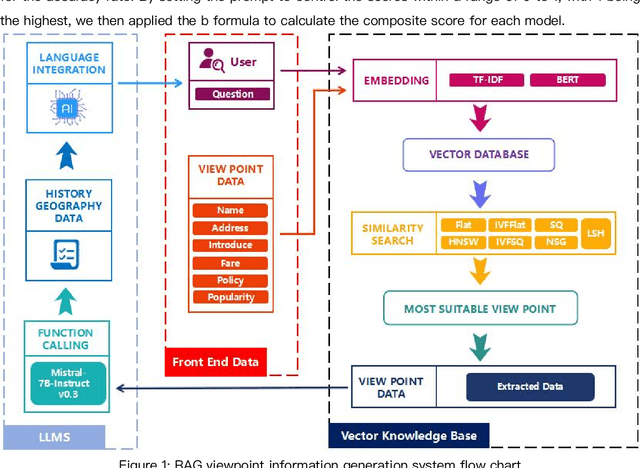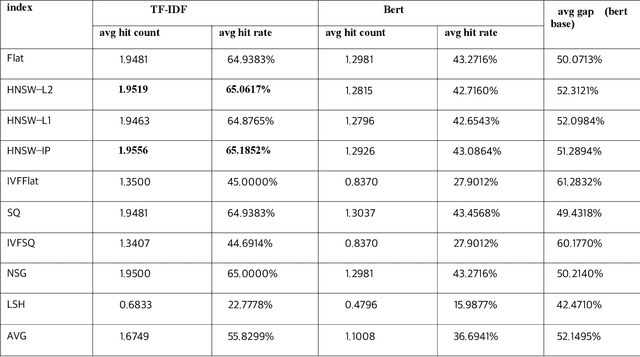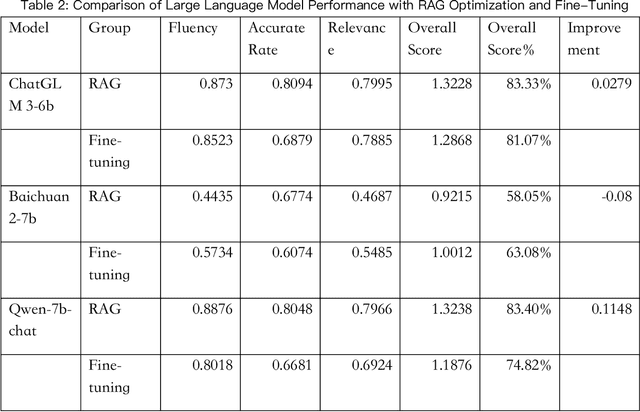RAG-Optimized Tibetan Tourism LLMs: Enhancing Accuracy and Personalization
Paper and Code
Aug 21, 2024


With the development of the modern social economy, tourism has become an important way to meet people's spiritual needs, bringing development opportunities to the tourism industry. However, existing large language models (LLMs) face challenges in personalized recommendation capabilities and the generation of content that can sometimes produce hallucinations. This study proposes an optimization scheme for Tibet tourism LLMs based on retrieval-augmented generation (RAG) technology. By constructing a database of tourist viewpoints and processing the data using vectorization techniques, we have significantly improved retrieval accuracy. The application of RAG technology effectively addresses the hallucination problem in content generation. The optimized model shows significant improvements in fluency, accuracy, and relevance of content generation. This research demonstrates the potential of RAG technology in the standardization of cultural tourism information and data analysis, providing theoretical and technical support for the development of intelligent cultural tourism service systems.
 Add to Chrome
Add to Chrome Add to Firefox
Add to Firefox Add to Edge
Add to Edge